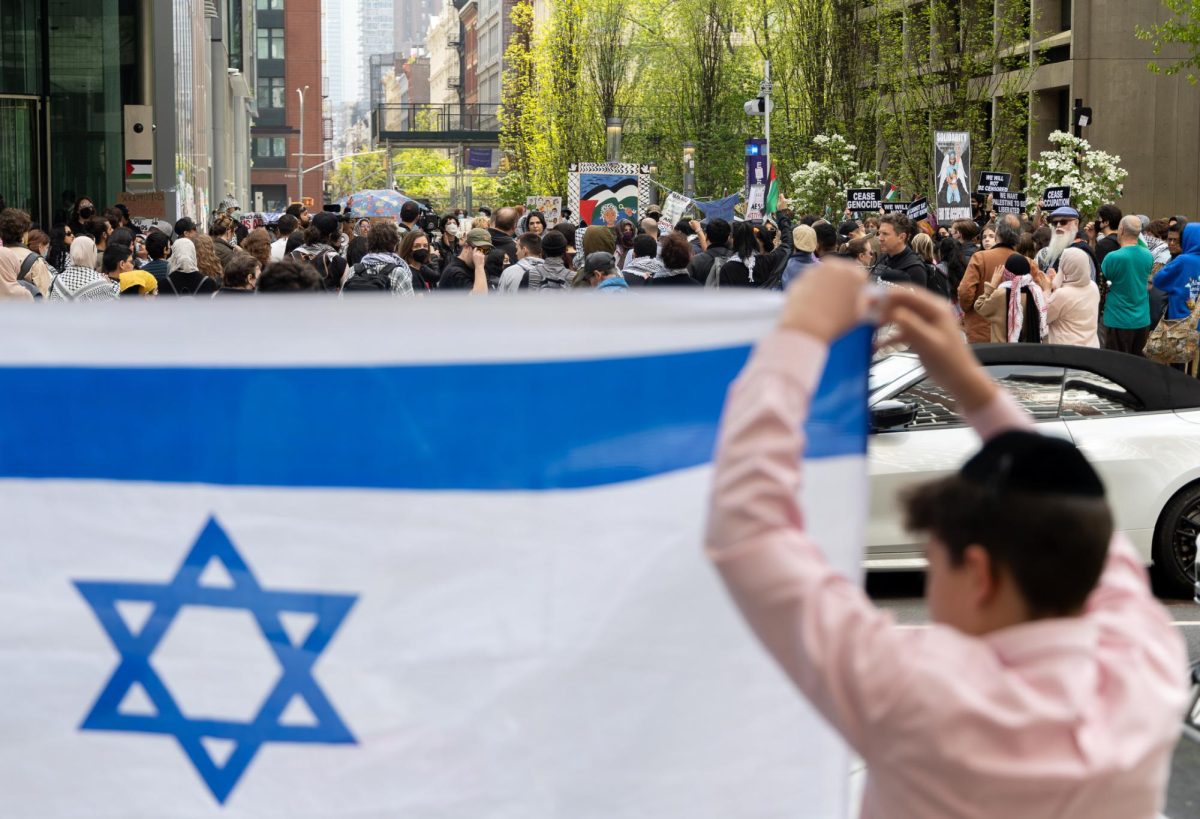The fundamental right to free expression must be balanced with every student’s right to safely access their education. Since the Oct. 7 massacre of Israeli civilians and Israel’s defensive war in response, there have been repeated attempts to politicize our campus by staging protests that directly interfere with NYU’s ability to carry out its educational mission.
Consider the protest at Bobst Library last semester, where faculty and students blocked essential entrance and exit points and disrupted many others, including those who used the space to study for their finals. As a result, police arrested two faculty members and suspended students for at least a year for participating in a sit-in the day before. This wasn’t a case of suppressing political expression — the protesters could have conveyed their message effectively and safely in Washington Square Park, mere steps away, without any university interference. Instead, they chose to impede access to an essential academic facility, compromising both safety and students’ ability to pursue their studies.
The university’s response reflects careful stewardship of its academic mission. NYU has established clear guidelines that protect both free expression and the community’s right to education. These policies were transparently communicated and are enforced consistently, regardless of political viewpoint. When protesters violated these policies at Bobst, they received multiple opportunities to comply before any disciplinary action was taken. Many of these community members were also repeat offenders that had expressed no remorse for the disruption and chaos they caused. In other words, NYU had given them ample opportunity to comply with the rules before enforcing any consequences.
Claims that these measured enforcement actions amount to silencing, limits to academic freedom, “collective punishment” or represent a “crackdown on pro-Palestinian speech” mischaracterize the university’s actions. No evidence has emerged showing discriminatory enforcement based on political views. Rather, NYU has maintained a crucial distinction: Freedom of expression is protected as long as it does not violate the constitutional limits, while conduct that disrupts the academic mission or threatens community safety is not.
A university must be a place where challenging ideas can be expressed and debated vigorously, but it must also remain a place where all community members can safely access their education without interference or fear for their safety. NYU’s policies strike this essential balance, protecting both free speech and academic freedom while ensuring our university can safely fulfill its core educational purpose.
Faculty & Staff Against Antisemitism
See this page to navigate NYU’s policies and guidelines and use this link for student conduct policies.
WSN’s Opinion section strives to publish ideas worth discussing. The views presented in the Opinion section are solely the views of the writer.
Contact Faculty & Staff Against Antisemitism at [email protected].






















































































































































